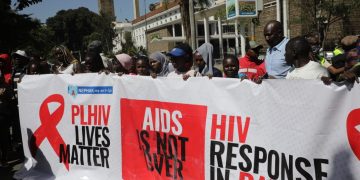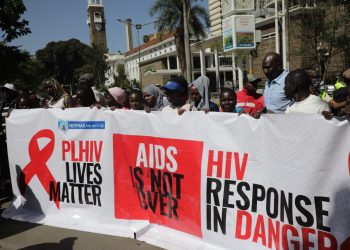Small changes to periods can follow a Covid vaccine but they quickly return to normal, a leading UK menstruation expert has said.
Dr Victoria Male, from Imperial College London, called studies from the US and Norway which tracked women’s cycles “reassuring”.
And she blamed misinformation for fuelling concerns over infertility.
The UK regulator says there is no evidence Covid vaccines affect the ability to have children.
Regulatory Agency has received more than 37,000 reports of unexpected vaginal bleeding, heavier and delayed periods after a Covid jab.
It has always said there is no evidence of a link to the vaccine, because women’s cycles vary naturally – but scientists called for more research.
In a British Medical Journal editorial, Dr Male – a lecturer in reproductive immunology – points to two studies.
A US study of nearly 4,000 women using a menstrual-cycle tracking app found their next period was delayed by half a day after a second vaccine dose, but there was no delay after the first.
Common complaint
Those who had two doses in the same cycle had a two-day delay but, Dr Male said, that was unlikely among women in the UK, where the gap between doses is at least eight weeks.
The cycle length of one in 10 of the women changed by more than eight days – compared with one in 25 unvaccinated women – but after just two cycles, their periods returned to normal.
Another study, of more than 5,600 people in Norway, shows how much periods can vary naturally.
Nearly 40% saw at least one change, even before being vaccinated – with the most common complaint heavier than normal bleeding.














